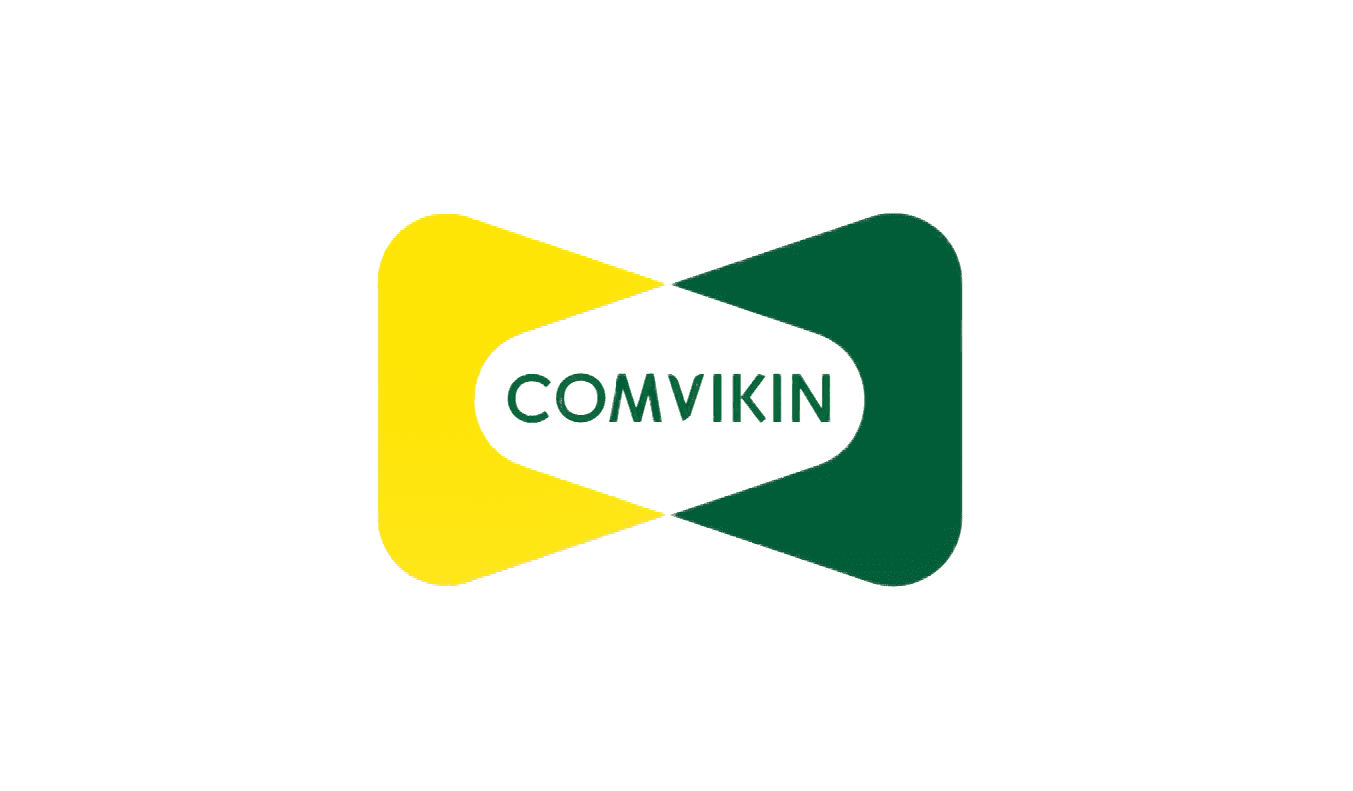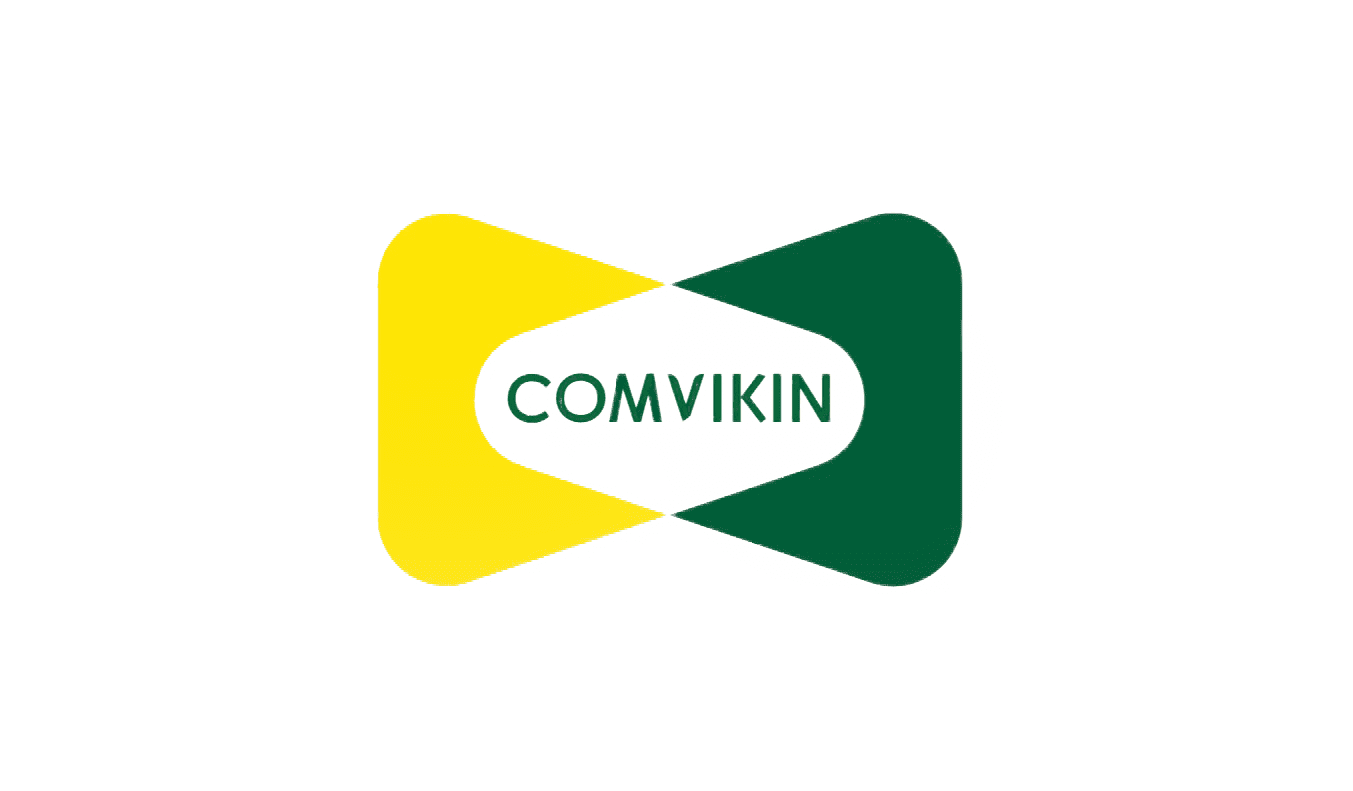Table of contents:
Ascorbyl Palmitate stands as a cornerstone in the realm of dietary supplements, playing a pivotal role in enhancing the effectiveness and stability of various nutritional products. This fat-soluble derivative of Vitamin C brings a unique set of properties to supplement formulations, contributing not only to the longevity and integrity of the products but also to the bioavailability of essential nutrients. In this exploration, we will unravel the significance of Ascorbyl Palmitate as an indispensable component in supplements, shedding light on its properties, applications, and the profound impact it has on supporting overall health.
What Is Ascorbyl Palmitate?
Ascorbyl Palmitate is a fat-soluble form of Vitamin C, playing a crucial role in the world of supplements. Unlike water-soluble Vitamin C, which is commonly known as ascorbic acid, ascorbyl palmitate is composed of a combination of ascorbic acid and palmitic acid. This unique compound possesses both antioxidant properties and the ability to dissolve in fat, making it an important component in various dietary supplements.
The fat solubility of ascorbyl palmitate enhances its stability and bioavailability compared to its water-soluble counterpart. This characteristic allows it to be effectively incorporated into lipid-based formulations, contributing to the overall efficacy of supplements. Ascorbyl palmitate is often utilized to extend the shelf life of products and enhance the absorption of Vitamin C, ensuring a sustained and efficient release within the body.
In addition to its antioxidant capabilities, ascorbyl palmitate is valued for its potential benefits in supporting skin health. Its lipid-soluble nature makes it a suitable ingredient in skincare formulations, as it can penetrate the skin's lipid barrier more easily, providing antioxidant protection directly to the cell membranes.
As we delve deeper into the relationship between ascorbyl palmitate and supplements, it becomes evident that this compound plays a pivotal role in enhancing the effectiveness and stability of various nutritional products. The next sections will explore its applications in different supplement categories, shedding light on how it contributes to the overall health and well-being of individuals.
Ascorbyl Palmitate Properties
Understanding the properties of Ascorbyl Palmitate is crucial for appreciating its multifaceted role in the realm of supplements. Let's explore the distinctive characteristics that define this compound:
Fat Solubility:
Ascorbyl Palmitate is a fat-soluble derivative of Vitamin C, which sets it apart from the more common water-soluble form, ascorbic acid. This fat solubility enables it to dissolve in lipids and oils, making it particularly suitable for formulations containing fats. This property contributes to its stability and absorption in the body, as well as its integration into lipid-based supplement formulations.
Stability Enhancement:
One of the standout properties of ascorbyl palmitate is its ability to enhance the stability of supplements. Unlike some water-soluble vitamins that can be susceptible to degradation under certain conditions, the fat-soluble nature of ascorbyl palmitate makes it more resistant to factors such as light, air, and heat. This inherent stability ensures that the supplement maintains its potency over time, offering a reliable source of Vitamin C.
Antioxidant Activity:
Ascorbyl Palmitate exhibits antioxidant properties, contributing to the overall antioxidant defense system in the body. As an antioxidant, it helps neutralize free radicals, reactive molecules that can cause oxidative stress and damage to cells. This antioxidant activity is particularly beneficial for supporting cellular health and protecting the body from oxidative damage.
Bioavailability Improvement:
The fat-soluble nature of ascorbyl palmitate enhances its bioavailability, meaning it can be more effectively absorbed by the body. This improved bioavailability ensures that a higher percentage of the Vitamin C is absorbed into the bloodstream and utilized by cells for various physiological functions. This property is key to maximizing the effectiveness of Vitamin C supplementation.
Compatibility with Lipids:
Ascorbyl palmitate's compatibility with lipids makes it a versatile ingredient in supplement formulations. This property allows for easy incorporation into lipid-based products, including those containing oils or fats. This versatility provides manufacturers with flexibility in creating different types of supplements, such as softgel capsules, where the lipid-soluble ascorbyl palmitate can be seamlessly integrated.
Skin Penetration:
Another notable property of ascorbyl palmitate is its ability to penetrate the skin more effectively compared to water-soluble forms of Vitamin C. This property makes it a sought-after ingredient in skincare formulations, where it can provide antioxidant protection directly to cell membranes, contributing to skin health and vitality.
Ascorbyl Palmitate in Supplements
Ascorbyl Palmitate's integration into supplements brings about numerous benefits, influencing the efficacy and overall impact of these nutritional products. Let's explore the specific roles and advantages of incorporating ascorbyl palmitate in various supplement formulations:
Stabilizing Formulations:
Ascorbyl Palmitate, being a fat-soluble compound, significantly contributes to the stability of supplement formulations. Its presence helps prevent the degradation of sensitive ingredients, such as vitamins and antioxidants, that are prone to breakdown when exposed to factors like light, air, and heat. This stability ensures that the supplement maintains its potency throughout its shelf life, delivering consistent benefits to consumers.
Enhancing Vitamin C Content:
Ascorbyl Palmitate serves as an efficient way to boost the Vitamin C content of supplements. Its unique formulation allows for the effective delivery of Vitamin C, providing a source of this essential nutrient that is both stable and bioavailable. This enhancement is particularly valuable in ensuring that individuals receive optimal levels of Vitamin C, a vital micronutrient with numerous health benefits.
Improving Absorption:
The fat-soluble nature of ascorbyl palmitate enhances the absorption of Vitamin C in the body. This improved bioavailability ensures that a greater proportion of the nutrient reaches the bloodstream and can be utilized by cells for various physiological functions. As a result, supplements containing ascorbyl palmitate offer a more efficient and effective way to support Vitamin C levels within the body.
Diverse Formulation Options:
Ascorbyl Palmitate's compatibility with lipids and oils provides formulators with flexibility in creating diverse supplement formulations. It can be seamlessly integrated into lipid-based products, including softgel capsules and liquid formulations. This versatility enables manufacturers to meet the preferences and needs of consumers who may have specific preferences for the type of supplement they prefer.
Antioxidant Synergy:
Ascorbyl Palmitate's inherent antioxidant properties contribute to the overall antioxidant profile of supplements. By neutralizing free radicals, it complements the protective effects of other antioxidants present in the formulation. This antioxidant synergy enhances the supplement's ability to combat oxidative stress and support cellular health, providing a holistic approach to well-being.
Skincare Benefits:
Beyond internal health, ascorbyl palmitate offers advantages in skincare supplements. Its lipid-soluble nature allows it to penetrate the skin effectively, providing antioxidant protection to cell membranes. This makes it a valuable ingredient in products designed to promote skin health, contributing to a radiant and healthy complexion.
Sources of Ascorbyl Palmitate in Supplements
Ascorbyl palmitate is a fat-soluble form of vitamin C that is commonly used in supplements due to its stability and unique properties. The compound is usually derived and prepared from specific sources to ensure its quality and efficacy. Here are some common sources of ascorbyl palmitate in supplements:
Synthetic production:
The most common source of ascorbyl palmitate in supplements is through synthetic production. This involves the chemical synthesis of ascorbyl palmitate in a laboratory setting. This method allows for precise control of the quality and purity of the compound, ensuring it meets the standards required for supplement production. Synthetic ascorbyl palmitate is widely used in industry and is considered a reliable supplement source.
Palm oil:
Ascorbyl palmitate can also be extracted from palm oil because it is an ester of ascorbic acid combined with palmitic acid, which is commonly found in palm oil. The extraction process involves isolating ascorbyl palmitate from palm oil, making it a natural source of this fat-soluble vitamin C derivative. However, manufacturers must ensure sustainable and ethical practices in palm oil sourcing to address the environmental and social issues associated with palm oil production.
Other natural oils:
In addition to palm oil, ascorbyl palmitate can be obtained from other natural oils containing palmitic acid. These may include oils from sources such as coconut, sunflower and soybean. The extraction process involves separating palmitic acid from these oils and combining it with ascorbic acid to create ascorbyl palmitate. Using a variety of natural oils provides supplement manufacturers with options based on their preferences and considerations for the final product.
Suppliers and Distributors:
Supplement manufacturers typically source ascorbyl palmitate from specialized suppliers and distributors in the raw material market. These suppliers ensure to offer high-quality Ascorbyl Palmitate in compliance with regulatory standards. Manufacturers can select suppliers based on factors such as reliability, consistency, and compliance with quality control measures to ensure the excellence of their final supplement products. Comvikin is a professional manufacturer of ascorbyl palmitate, which is synthesized by biological enzymatic methods, green, environmentally friendly and sustainable. If you have any needs, please contact Comvikin!
Supplement Formulation Considerations
Ingredient Compatibility:
Ensuring compatibility among different ingredients is crucial to prevent undesirable interactions or degradation. For example, certain vitamins and minerals may have synergistic effects, while others may compete for absorption. Formulators carefully select ingredients that work harmoniously to maximize the overall efficacy of the supplement.
Bioavailability and Absorption:
The bioavailability of nutrients refers to their ability to be absorbed and utilized by the body. Formulators prioritize selecting forms of nutrients with high bioavailability to enhance their absorption. For instance, incorporating bioavailable forms of minerals or using fat-soluble vitamins like ascorbyl palmitate can improve nutrient absorption.
Dosage Precision:
Achieving accurate and consistent dosages in each serving is critical for product effectiveness and consumer safety. Formulators must consider the potency of each ingredient, the desired daily intake, and any regulatory guidelines to ensure that the supplement provides the intended benefits without exceeding recommended levels.
Stability and Shelf Life:
Maintaining the stability of the supplement throughout its shelf life is a key consideration. Ingredients, such as vitamins and antioxidants, can be sensitive to factors like light, heat, and air. Formulators choose stabilizing agents like ascorbyl palmitate to enhance the shelf life of the product and protect the integrity of the active ingredients.
Formulation Type:
The choice of formulation type depends on factors like the target audience, preferred delivery method, and the nature of the ingredients. Common formulation types include capsules, tablets, softgels, powders, and liquid formulations. Each has its advantages and limitations, influencing the overall design of the supplement.
Allergen and Sensitivity Considerations:
Formulators take into account common allergens and sensitivities when selecting ingredients. They aim to create products that are free from or clearly label potential allergens such as gluten, dairy, soy, and nuts, ensuring the safety and suitability of the supplement for a broader range of consumers.
Regulatory Compliance:
Compliance with regulatory standards and guidelines is paramount. Formulators must adhere to regulations set by health authorities and organizations governing the supplement industry. This includes ensuring accurate labeling, meeting permissible ingredient concentrations, and complying with quality control standards.
Consumer Preferences:
Considering consumer preferences is vital for product acceptance. Formulators may take into account factors like taste, odor, and ease of use when developing supplements. Incorporating flavors or using technologies to mask undesirable tastes can enhance the overall consumer experience.
Ethical and Sustainable Sourcing:
With increasing consumer awareness, supplement manufacturers often consider the ethical and sustainable sourcing of ingredients. This includes sourcing raw materials from suppliers committed to fair labor practices, environmentally friendly processes, and sustainable harvesting.
Scientific Research and Innovation:
Staying abreast of the latest scientific research and innovations in the field of nutrition and supplementation is crucial. Formulators integrate new findings and technologies to develop cutting-edge products that align with emerging health trends and consumer demands.
Conclusion
Ascorbyl palmitate becomes an important and versatile ally in dietary supplement formulations. Its ability to enhance stability, improve bioavailability and provide antioxidant protection emphasizes its importance in supporting the efficacy of nutritional products. If your company needs ascorbyl palmitate, please contact Comvikin to provide you with high-quality products and services!


